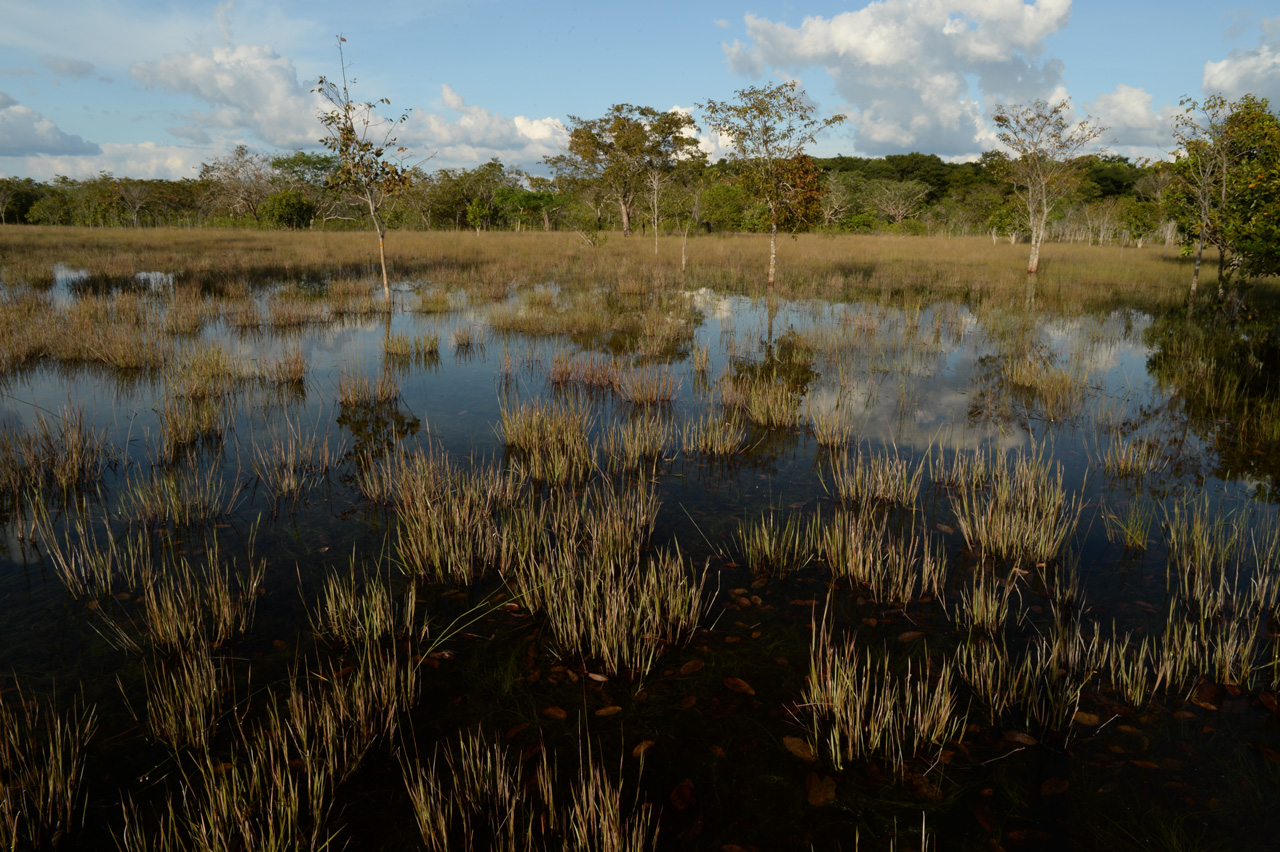The Natural Reserves of Civil Society (RNSC) in Colombia are voluntary conservation areas established on private lands by their owners with the goal of protecting and sustainably managing the natural resources present on their properties.
These reserves are officially recognized by the Ministry of Environment and Sustainable Development, meeting the requirements set out by Law 99 of 1993 and Decree 1996 of 1999.
RNSCs play a crucial role in biodiversity conservation by complementing state-protected areas, while also promoting sustainable activities such as environmental education, ecotourism, ecological restoration, and scientific research. Most of these reserves are located in strategically important regions for biodiversity, such as Andean forests, wetlands, and areas of ecosystem transition.
 Photo: "EL PATO" Salcedo / WCS Colombia
Photo: "EL PATO" Salcedo / WCS Colombia
Additionally, the RNSCs not only contribute to the conservation of species and habitats, but also provide ecosystem services such as water regulation, carbon capture, and connectivity between biological corridors. Their management is guided by a management plan that ensures a balance between human activities and environmental preservation.
Owners who establish RNSCs can access incentives such as tax exemptions, technical assistance, and visibility in conservation networks. In Colombia, this model has allowed thousands of hectares to be protected privately.
Over the past 10 years, the PVS has supported 89 properties in registering as RNSCs and/or designing their management plans, covering a total of 37,654 hectares.
In the Eastern Plains, the registration of 40 properties has been promoted, covering 23,000 hectares. In Magdalena Medio, 35 properties have been registered, covering 14,169 hectares, and in Putumayo, 14 properties, covering 481 hectares.
Traslated with AI support